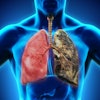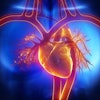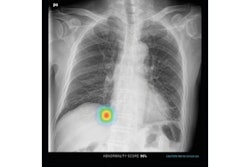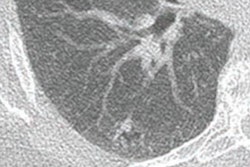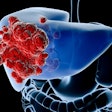"The diagnosis of diabetes is associated with CT biomarkers, especially measures of pancreas CT attenuation and visceral fat," wrote a team led by Hima Tallam, a medical and doctoral student at Rutgers New Jersey Medical School in Wayne, NJ, in a study abstract.
Tallam and colleagues conducted a study that included 8,992 patients who underwent colorectal cancer screening with CT colonography; of these, 572 had type 2 diabetes and 1,880 were dysglycemic. The researchers segmented images of the pancreas using a deep-learning algorithm that flagged biomarkers such as CT attenuation, volume, fat content, and the fractal dimension of the organ, as well as visceral fat and atherosclerotic plaque.
The deep-learning model showed that diabetics had lower pancreas CT attenuation and higher visceral fat than those patients who did not have the disease. Other key predictors of type 2 diabetes on CT included the following:
- Fractal dimension of the pancreas
- Severity of abdominal aortic plaque
- Body mass index (BMI) higher than 30 kg/m2
"Fully-automated CT biomarkers can be used for the opportunistic detection and prediction of type 2 diabetes on scans performed for other indications," Tallam and colleagues concluded.

